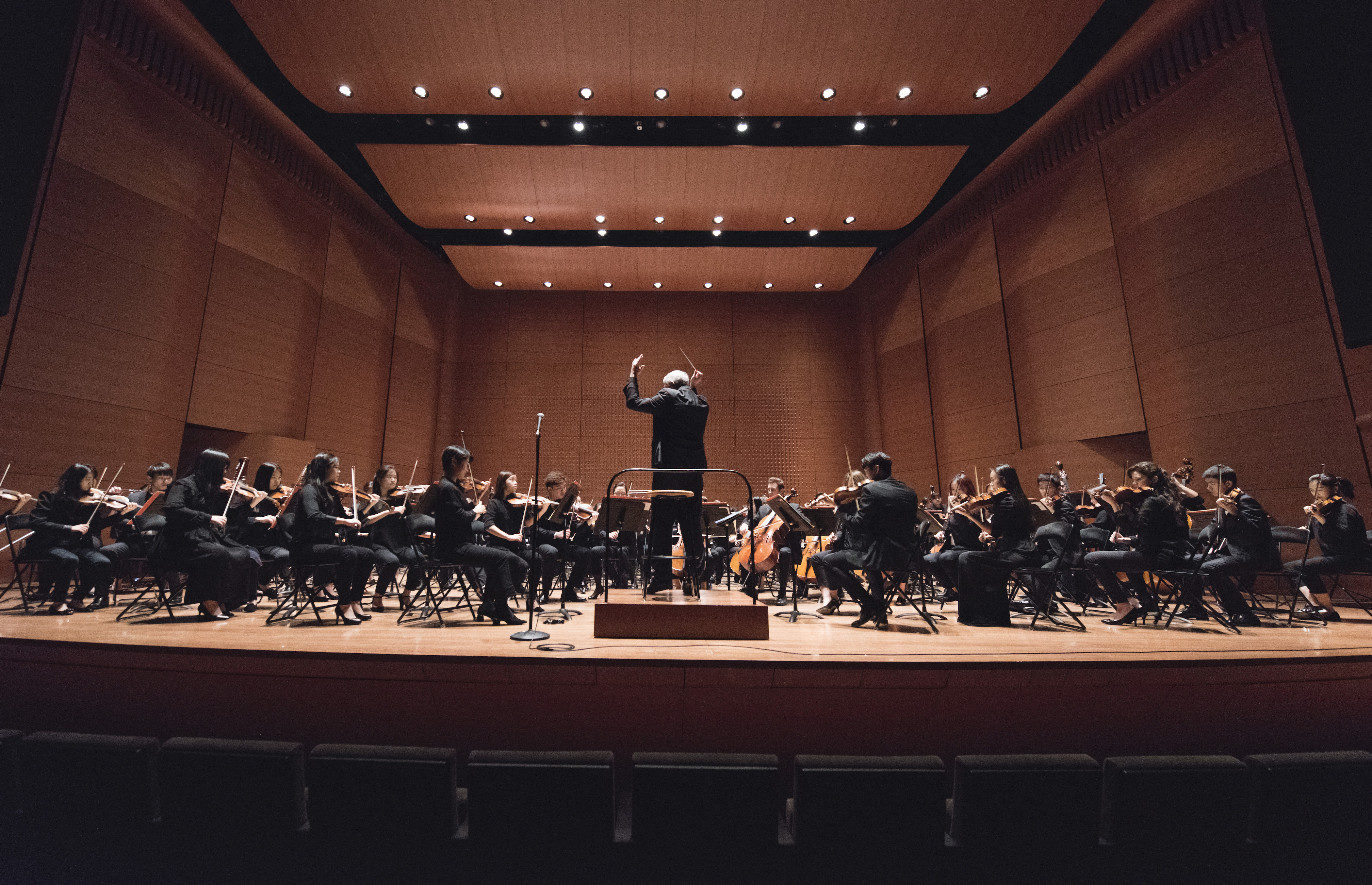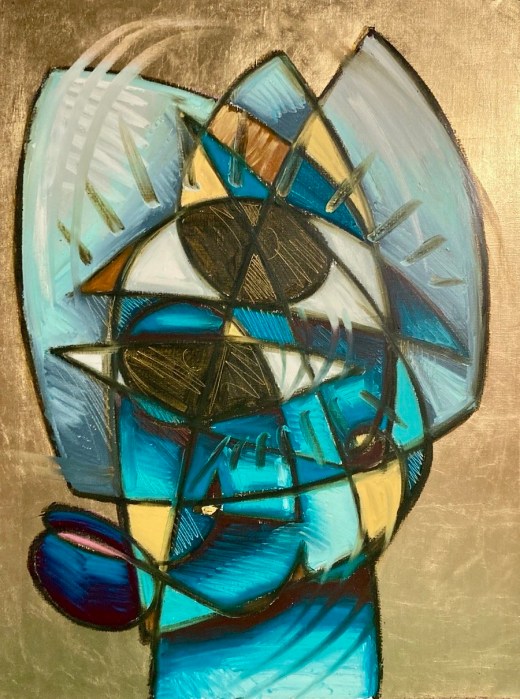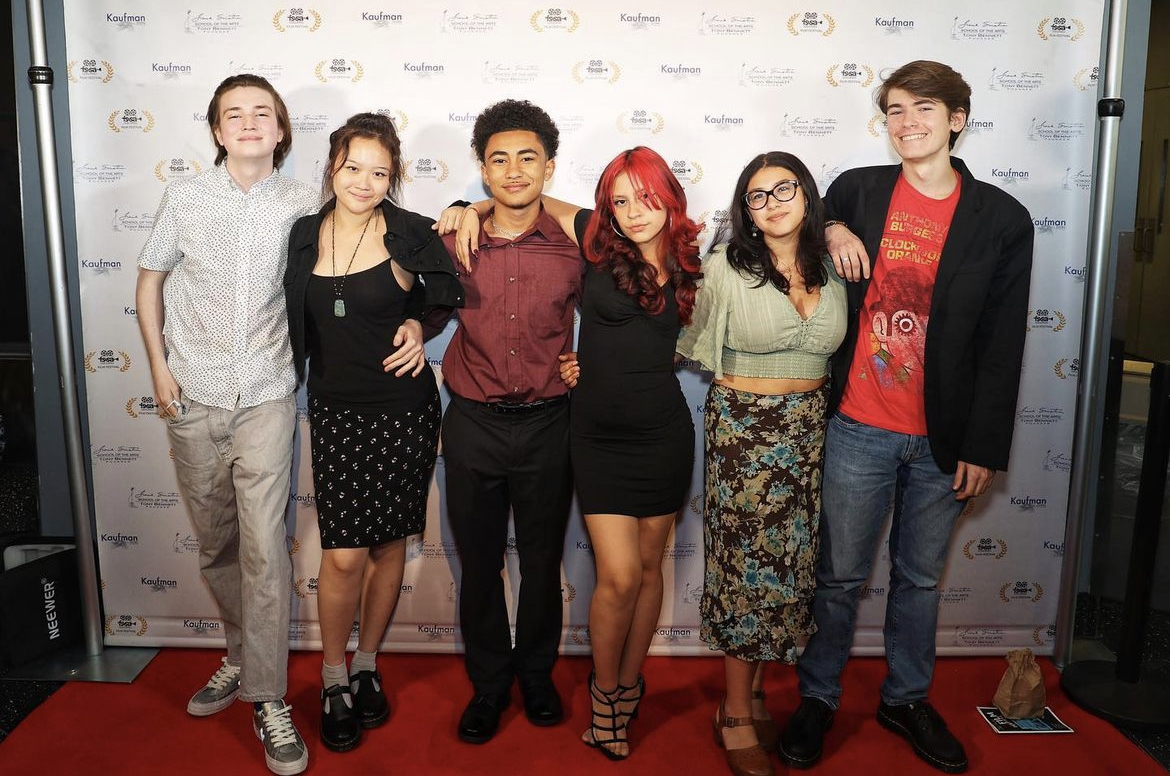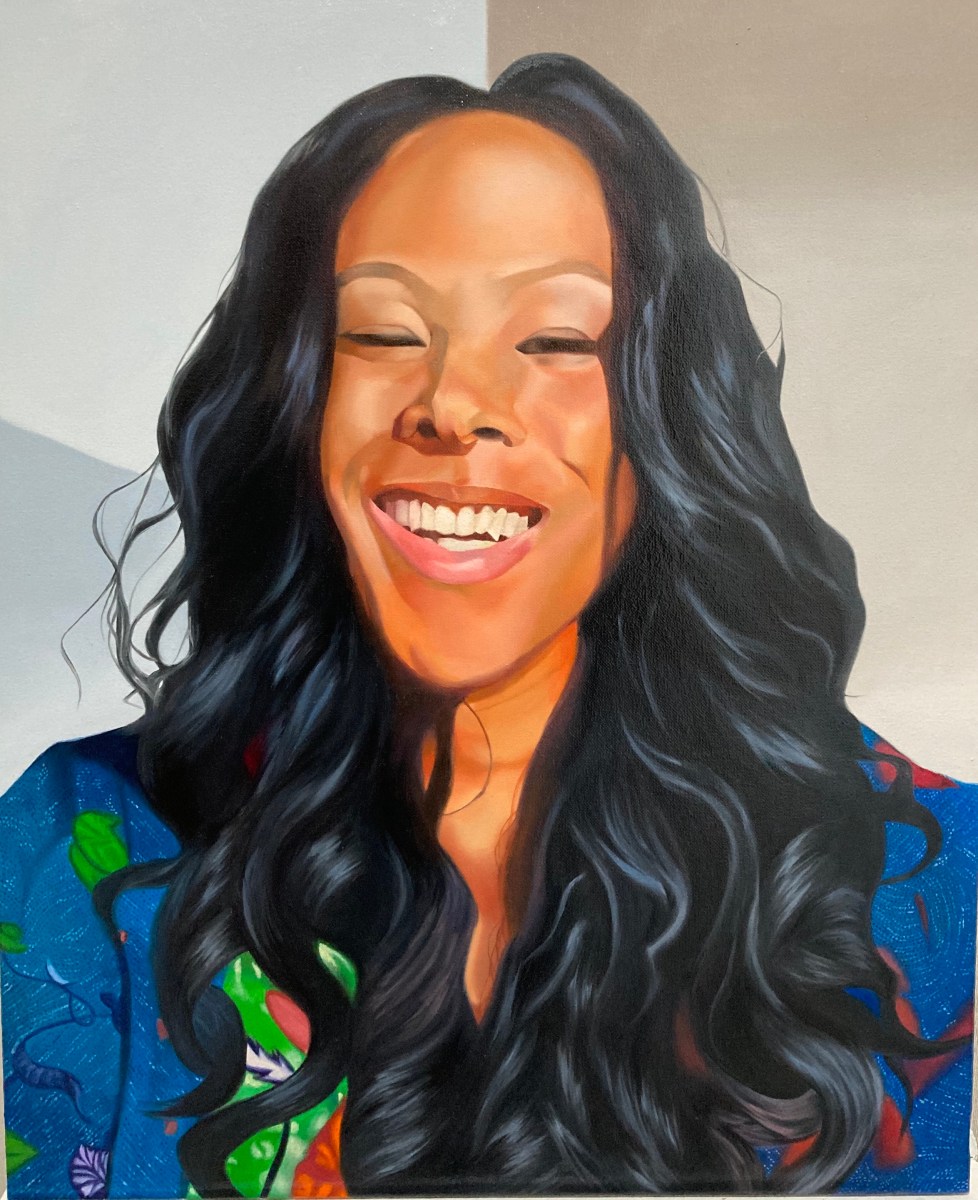
BY GABE HERMAN | The New School’s College of Performing Arts will honor Aaron Copland in a concert later this month at Lincoln Center, paying tribute to the important American composer and his life as a citizen-artist.
The Oct. 26 concert, titled “Aaron Copland: An American Portrait,” will be held at 7:30 p.m. at Alice Tully Hall as part of the New School’s centennial celebration.
The evening will include the university’s Mannes Orchestra performing Copland’s “A Lincoln Portrait” and “Symphony No. 3.” The orchestra and the School of Drama will perform a new dramatic work called “Art in an Uneasy World,” which is based on Copland’s testimony in 1953 to Sen. Joseph McCarthy’s anticommunist hearings on “un-American activities.”
Copland, who was born in Brooklyn and lived from 1900-1990, was a famous composer who also worked as an activist. He founded organizations to support fellow composers and scored anti-Nazi films during the 1940s. When questioned by McCarthy in 1953, Copland admitted to being involved in left-wing causes, but denied being a Communist and did not “name names.”
“The New School was founded by John Dewey, James Beard, James Harvey Robinson, Alvin Johnson, and Thorsten Veblen as a place of refuge out of a culture that feared and ostracized radical thinkers, political dissidents, and nearly any individual who dared to speak out against the nation’s involvement in World War I,” said Richard Kessler, dean of the Mannes School of Music and executive dean for the College of Performing Arts. “Copland’s life both personal and professional, was deeply shaped by those same external forces.
“Today, once again, those same forces of fear, hate, and intolerance loom large in American society and politics,” Kessler added. “We hope that this evening will tie together all of these threads, and provide the opportunity for reflection on how far we have come, and how far we have to go.”
Copland taught courses at The New School for Social Research from 1927 to 1938, and also organized a series of new music concerts there during that time. His New School lectures would be published as two books: “What to Listen for in Music” (1937) and “Our New Music” (1940).
“As a composer, Copland celebrated America, inventing a sound which continues to evoke the expanse of our nation and richness of our history,” said Pippin Parker, dean of the School of Drama. “As an advocate for freedom of expression and American ideals, he held true to his beliefs with incredible dignity and optimism, despite having his patriotism questioned at the highest level of government. We are proud to honor his art and his legacy.”
Tickets for the concert are $10, and more information can be found at lincolncenter.org.

















